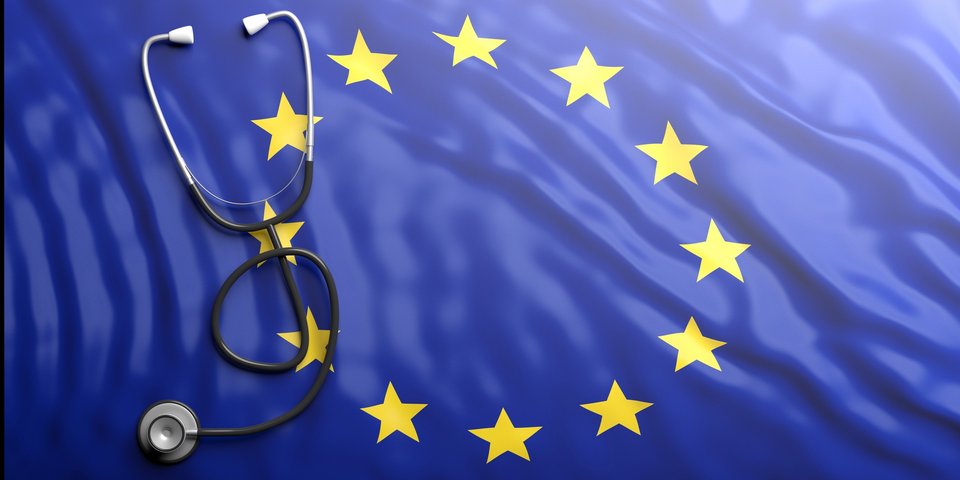 ©Rawf8 - stock.adobe.com
©Rawf8 - stock.adobe.comDental Amalgam Ban from 2027?
EU Parliament has presented its draft report about revising the EU Mercury Regulation.
CC – 11/2023
On 14 July, the European Commission
formulated its plan to ban the use of dental amalgam in the European Union (EU)
from 2025 through its proposed
regulation to revise the EU Mercury Regulation. Dental amalgam - a filling
material made from mercury alloys - is used in dental treatments and it is one
of the last remaining forms of mercury usage in the EU.
Rapporteur proposes ban from 2027 - two years later than that proposed by the Commission
MEP Marlene Mortler (EPP, DE), the
rapporteur of the draft regulation, has presented her draft
report to the European Parliament. It calls for a ban as from 1 January
2027, two years later than that proposed by the European Commission. The
rapporteur said in her report that appropriate transitional periods must be
granted so that doctors can complete the necessary training and national health
insurance systems can adapt their reimbursement policies accordingly.
In addition to extending the ban by two
years, Mortler is also calling for a report from the European Commission that
will include an assessment of the socio-economic impact it will have on
patients. Mortler would also like the European Commission’s report to include
the consequences arising from dentists changing over to mercury-free fillings
and the resulting developments in reimbursement systems for healthcare. The
rapporteur called for a corresponding Commission study to be presented in June
2025.
DSV calls for smooth implementation by 2030
DSV has positioned itself with an opinion about the revision of the EU Mercury Regulation. In principle, DSV welcomes the
aim of improving environmental and health protection. DSV believes that the
timetable should be reconsidered and it should not take place until 2030 in
order to ensure a smooth implementation of the ban on dental amalgam. Finally,
the ban has contractual and supply policy implications in some Member States.
In Germany, it is causing a fundamental health policy discussion about
co-payment-free fillers in healthcare. They are part of the SHI catalogue of
benefits, which needs to be further maintained.
In the European Parliament, the vote on the
draft report in the Committee on the Environment, Public Health and Food Safety
(ENVI) is scheduled for 11 January 2024. In the Council, the dossier will be
dealt with by the Council's environment working group.
Background:
Mercury can seep into the environment
despite precautions such as mandatory amalgam separators and pre-dosed and
encapsulated use in dental practices. The focus here is on the crematoria.
Under current conditions, mercury emissions in crematoria have been increasing
for years. They could be avoided through the use of exhaust gas reduction
technologies. However, there is no EU-wide regulation covering this, so member
states have not taken a standardised approach.
In Germany, around 47 million dental
fillings were billed to the statutory health insurance funds in 2021. Of these,
1.4 million were amalgam fillings - a share of about 3.2 per cent. The
consumption of dental amalgam is strongly declining throughout the EU, as well
as in Germany. This is mainly due to the implementation of an international
treaty - the Minamata Convention. The Minamata Convention entered into force on
16 August 2017 and has so far been ratified by the EU and 143 countries,
including all EU Member States. It has been implemented through the Mercury
Regulation (EU) 2017/852 since 1 January 2018. Since then, dental amalgam has
been banned in the EU for deciduous teeth, children under 15 years of age and
pregnant and breastfeeding patients.
